- COURSES
- SPECIALS
- BLOG
- MEMBERS
- SHOP
- ABOUT
- ENROLL HERE
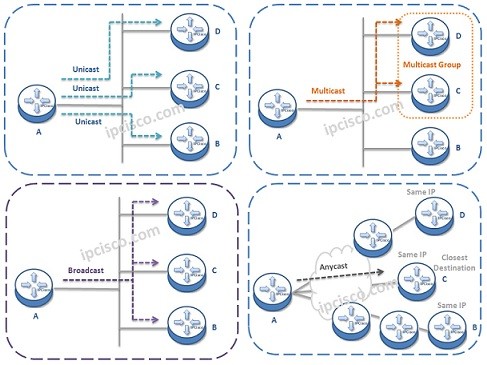
There are different transmission techniques in communication if we divide communication according to the receivers. These communication techniques are:
Unicast is the communication that there is only one receiver. This is one-to-one communication.
Multicast is the communication that there is one more receiver. Only the members of the multicast group receive the multicast traffic.
Broadcast is also the communication that there is one more receiver but this time, all the receivers receive broadcast traffic.
Anycast is the communication that is developed with IPv6. With anycast, the traffic is received by the nearest receiver in a group of the receivers that has the same IP.
You can check your knowledge with Multicast Questions.
Here, in this article series, we will focus on multicast.
Simply, we can do the multicast job, with unicast messages or with one broadcast message. But these methods has disadvantages.
For example, if you use Unicast Message, you need to send the same message as many as receivers. If you have 3 reciepent, you need to send 3 same message. Think about it. What if you have 100 receipent! This will be bandwith intensive.
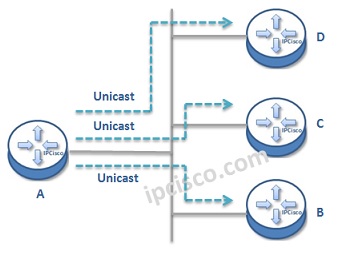
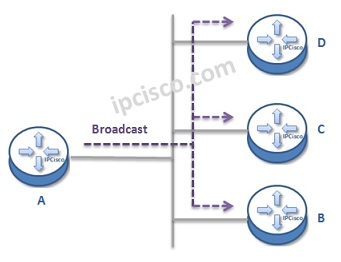
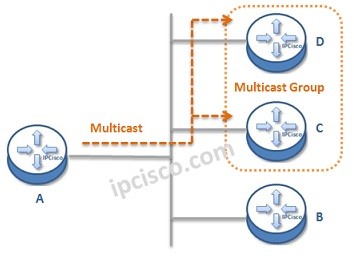
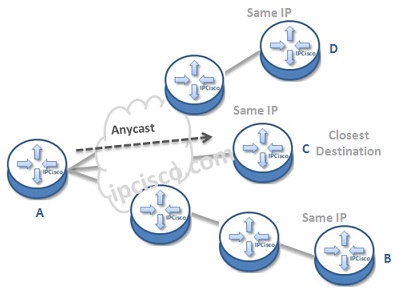
Leave a Reply